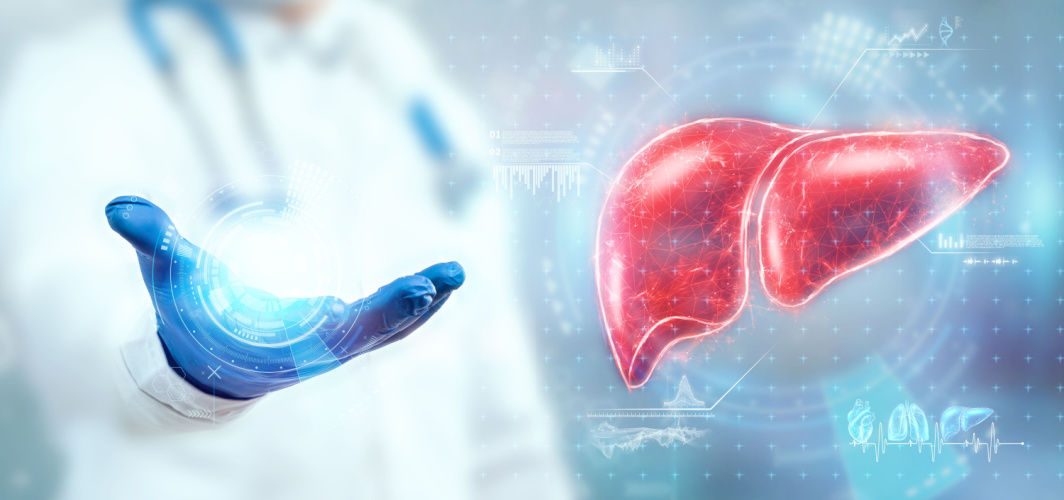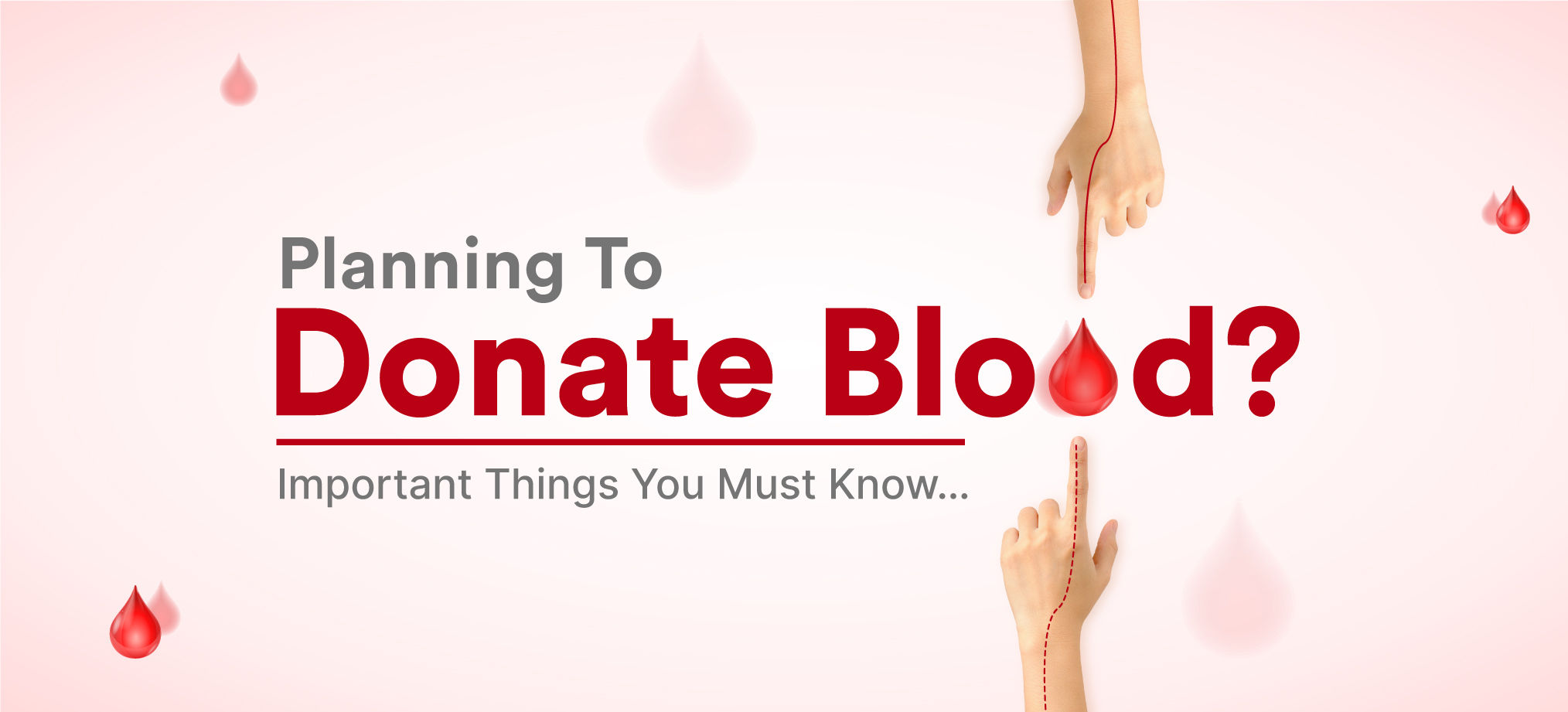General Health
How Much Hair Fall Is Normal?
6 min read
By Apollo 24|7, Published on - 31 January 2023, Updated on - 02 May 2023
Share this article
0
8 likes

When you brush or comb your hair, do you find that some of the hair ends up in your brush or comb? There will be times when you only see a few hairs and other times when you will see a lot more. Because of this, people often wonder, "How much hair fall is normal?" In this blog, we will discuss the average amount of hair that one loses per day, as well as the causes of sudden hair loss and treatments for the condition.
Normal Hair Fall Per Day
As a natural part of the cycle of hair development, it is typical to experience hair loss daily. It's not abnormal to lose between 50 and 100 hairs per day on average. The rate of hair loss, on the other hand, might differ from person to person and can be affected by a variety of factors, including age, gender, and general health.
The active growth stage, known as anagen, is followed by the transitional period, known as catagen, and finally the telogen stage (resting).
On your head, at any given time, approximately 90% of your hair is in the anagen phase, 1% to 2% of your hair is in the catagen phase, and the remaining 10% to 15% of your hair is in the telogen phase. The telogen phase of hair growth is typically when one experiences hair loss.
According to Dr Satyabrata Tripathy, a dermatologist associated with Apollo 24|7, “your scalp has 80,000 to 1.2 lakh hair follicles on an average. Generally, human hair grows in cycle; there is a growth phase, resting and shedding phases, followed by a phase where new hair develops till the hair root is intact. We normally lose 20 to 100 hair daily in shedding phase. However, factors like nutritional imbalance, hormonal imbalance, pregnancy, stress, environmental impacts, and other systemic diseases can disturb the hair cycle leading to more hair entering the shedding phase and resulting in accelerated hair loss.”
Causes of Hair Loss
You may be experiencing hair loss if you've noticed that you're shedding more hair than usual, especially if you've also seen thinning or patches of baldness. Apart from genetics, in some people, severe hair loss might be the result of underlying medical diseases such as
1. Thyroid Disorders: Loss of hair can be a symptom of thyroid problems including hypothyroidism (an underactive thyroid) or hyperthyroidism (an overactive thyroid). Hypothyroidism, in which the thyroid gland fails to produce enough hormones, slows the development of several body systems, including hair growth. However, with hyperthyroidism, the thyroid gland generates an excess of hormones, which can speed up metabolism and other physiological processes. This might lead to a rapid loss of hair.
Consult an Endocrinologist Now
2. Polycystic Ovarian Syndrome (PCOS): Hair loss is one of the many symptoms of PCOS, which is a common hormonal condition. When a woman has polycystic ovary syndrome (PCOS), she produces more androgens (a pre-existing male hormone), which can lead to facial, chest, and neck hair growth and scalp hair loss.
Consult an Endocrinologist Now
3. Iron Deficiency Anaemia: Because the body doesn't have enough iron, anaemia can make people lose their hair. Without enough iron, the body can't make enough haemoglobin. This means that the hair follicles don't get enough oxygen, which can cause hair loss.
Consult Apollo's Expert Haematologist
4. Autoimmune Disorders: If the immune system is targeting the hair follicles, as it might in autoimmune illnesses, the result can be hair loss. Inflammation and injury to the hair follicles are the root causes of hair loss in people with autoimmune illnesses such as lupus, alopecia areata, and scleroderma.
5. Certain Medications: Hair loss is a known adverse effect of some drugs. Blood thinners, chemotherapy, birth control pills, acne medicine, and many others fall under this category.
It is important to remember that hair fall is a side effect of the medicine that is usually only temporary. Your hair will grow back after treatment is stopped or the dosage is reduced. In addition, many other factors might lead to hair loss, including:
6. Physical Stress: Hair loss can be a sign of physical stress, which can be brought on by things like major surgery, illness, infection, or injury. This type of hair loss is known as telogen effluvium.
When the body is under physical stress, many hair follicles enter a dormant period called the telogen phase. Hair loss will occur as a result of the shedding of these hair follicles after several months have passed.
7. Emotional Stress: Stress hormones, such as cortisol, are released when a person is under emotional stress, and this can lead to a significant number of hair follicles entering the resting phase (telogen phase) of the hair development cycle.
Hair loss will occur as a result of the shedding of these hair follicles after several months have passed. The loss of a job, money problems, strained relationships, or the death of a loved one are all potential factors of emotional stress.
8. Hormonal Changes: Androgenetic alopecia, commonly known as male or female pattern hair loss, is a condition that affects both sexes and is triggered by hormonal changes. An overabundance of the male hormone dihydrotestosterone (DHT) is to blame for this disorder. When the levels of DHT in the body rise, it causes the hair follicles to contract, which results in finer, shorter hair.
Hormonal changes during pregnancy can also cause thinning hair. Certain hormones are elevated during pregnancy, and this has been shown to decrease the hair growth cycle. Following delivery, hormone levels return to normal, and a sizable portion of your hair follicles enter a resting phase. Postpartum hair loss is a possible outcome of this.
Hormonal fluctuations during menopause have been linked to alopecia. During menopause, oestrogen and progesterone levels drop, which can lead to hair thinning.
9. Inadequate Nutrition: Hair loss can be a sign of malnutrition. Keratin, the protein from which hair is constructed, needs specific nutrients to flourish and grow. Hair can become weak, brittle, and more prone to breakage if it doesn't get enough of these nutrients.
To promote strong hair development, some of the most crucial nutrients in your diet are:
- Protein
- Iron
- Vitamin-D
- B-Vitamins
- Zinc
Maintain a balanced and nutritious diet. To learn more about what kinds of foods are best for your hair, consult a nutritionist today.
10. Specific Hairstyles: The hair and hair follicles are vulnerable to damage from certain hairstyles, which can result in hair loss. A few examples of these hairdos are tight ponytails, perms, and extensions. In addition to threatening hair quality, heat styling equipment can cause hair to fall out.
11. Certain Hair Treatments: When not utilised properly or when used too frequently, some hair treatments might lead to hair loss. Chemical straightening, bleaching, hot oil treatments, and dying the hair are all examples of these procedures.
Final Note
Talking to a dermatologist can help you figure out what's causing your hair loss and get you on the road to recovery. Keep in mind that in some circumstances, they may recommend diagnostic testing to discover the cause, such as blood tests, a scalp check, or other procedures.
General Health
Leave Comment
Recommended for you

General Health
What To Do If A Bee Stings You?
A honeybee sting can be quite painful. This blog highlights home remedies and medications for bee stings and how you can deal with them.

General Health
Liver Disease
Explore essential function of liver, its anatomy, functions, common diseases, symptoms, diagnosis, and treatment options for optimal liver health and well-being. Learn more about the importance of a balanced diet, vaccinations, and responsible medication use for maintaining liver health.

General Health
Blood Donation Dos & Don'ts: Things To Know Before You Perform This Noble Deed
If you want to donate blood, here’s all you need to know about the dos and don'ts of blood donation to ensure a safe experience. Find out who should and shouldn't donate blood along with what steps to take before and after the process.
Subscribe
Sign up for our free Health Library Daily Newsletter
Get doctor-approved health tips, news, and more.
Visual Stories

Could There Be More to Your Snore?
Tap to continue exploring
Recommended for you

General Health
What To Do If A Bee Stings You?
A honeybee sting can be quite painful. This blog highlights home remedies and medications for bee stings and how you can deal with them.

General Health
Liver Disease
Explore essential function of liver, its anatomy, functions, common diseases, symptoms, diagnosis, and treatment options for optimal liver health and well-being. Learn more about the importance of a balanced diet, vaccinations, and responsible medication use for maintaining liver health.

General Health
Blood Donation Dos & Don'ts: Things To Know Before You Perform This Noble Deed
If you want to donate blood, here’s all you need to know about the dos and don'ts of blood donation to ensure a safe experience. Find out who should and shouldn't donate blood along with what steps to take before and after the process.